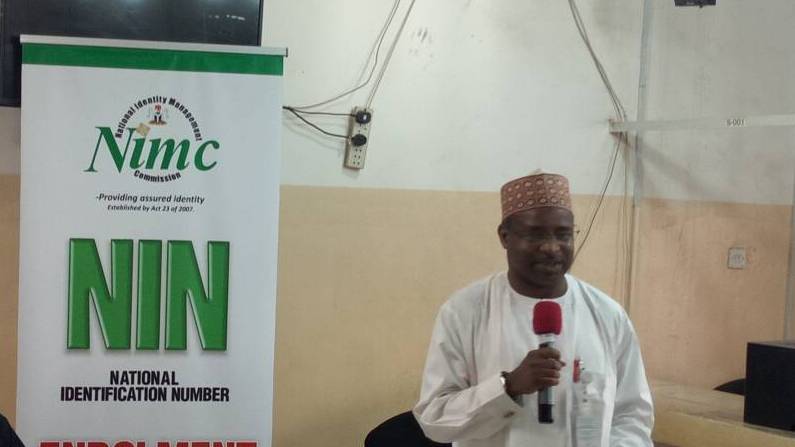The newly inaugurated President of Ghana, Nana Akufo-Ado has kicked off strategic schemes that will drive development planning for the country.
Among the first steps is the take off of national Identity Card project, a top electoral promises during his campaign to build a database of Ghanaians and other nationals’ resident in Ghana.
The Ghana News Agency (GNA) reports in a consultative meeting chaired by the Vice President, Alhaji Dr Mahamudu Bawumia, all the major stakeholders underscored the need to have a single national database to aid policy planning and implementation.
The stakeholders include the Births and Deaths Registry, National Identification Authority, Ghana Immigration Service, Ghana Statistical Service, National Health Insurance Authority, Ghana Revenue Authority and the National Development Planning Commission.
Vice President Bawumia said there had been too much talk around the issue of national ID cards but very little effective action or results had been achieved even though $50 million had been spent on the project since 2009.
According to Bawumia, a single national ID system would, amongst other things, track immunisation of children and health care of citizens, issue drivers licenses and passports linked to digital identity registry, eliminate ghost names from the civil service payroll, and reduce cost of maintaining multiple identity databases, the Vice President said.
Four committees – Legal, Technical, Financial and Oversight – are to shepherd the project.
The Vice president explained further that the National Identification project is expected to be completed within the first year of the NPP Administration in fulfillment of a manifesto pledge to complete the registration of all residents in Ghana under the National Identification Scheme.
He maintained that the project when completed would ensure the establishment of an integrated Data Warehouse of databases from key public institutions using the National Identification System as the unique identifier for data items, and automating the processes involved in accessing public services at both national and local government offices.









